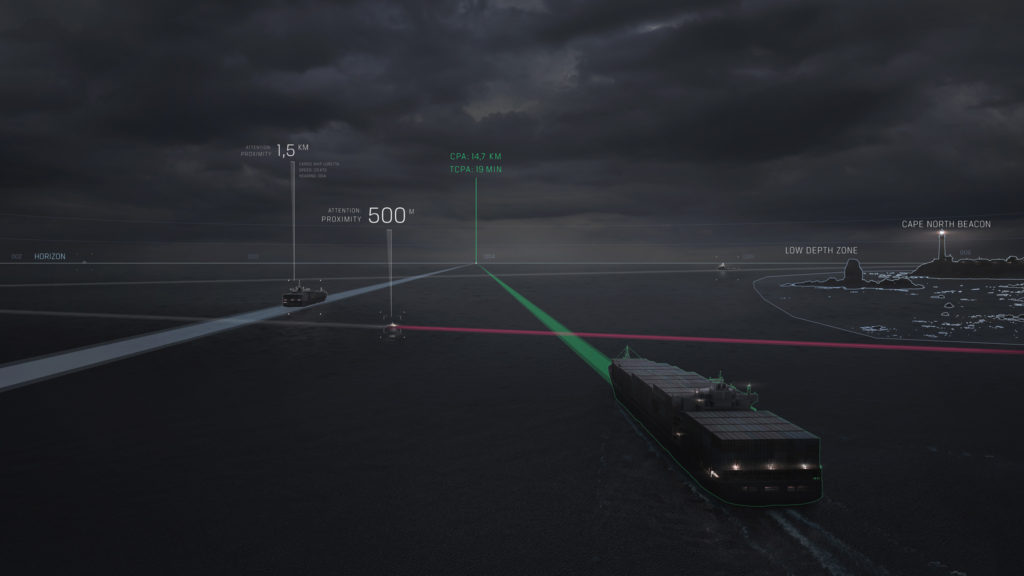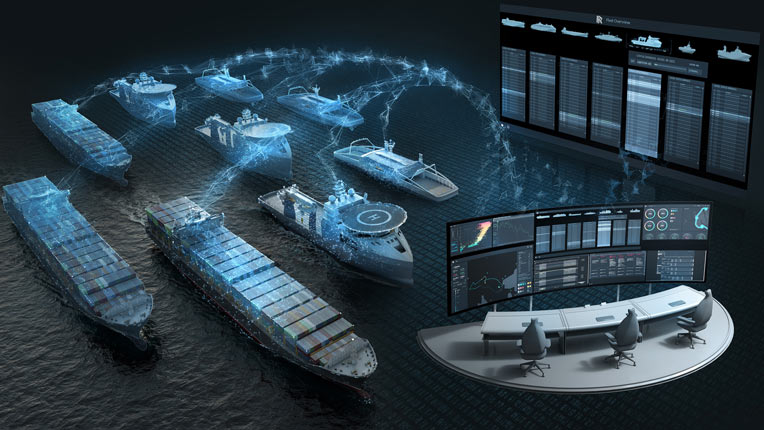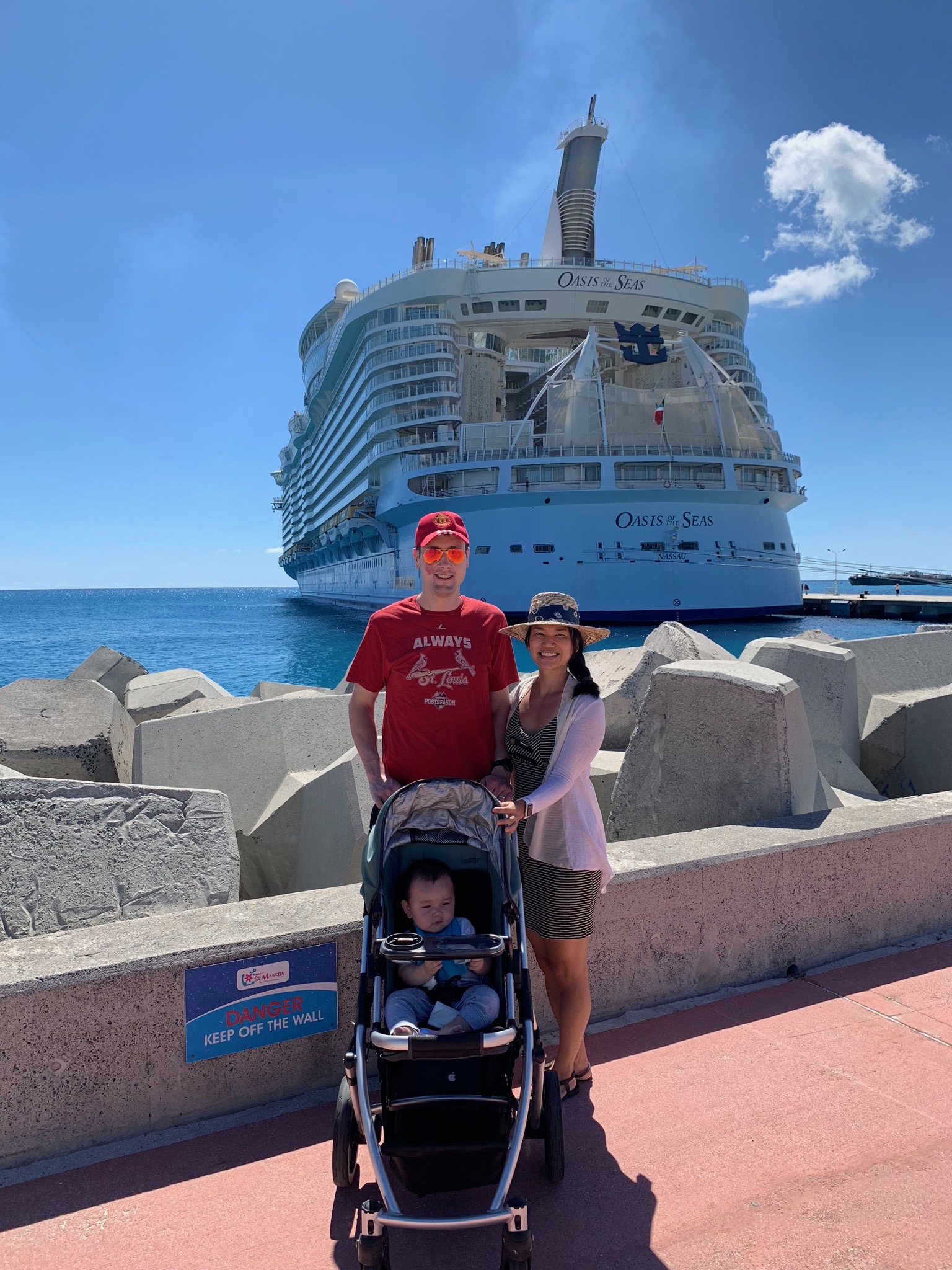The world around us is changing at a remarkable pace, even when we don’t realize it. As new technologies are being developed and new ideas are being implemented, what do they bring to cruising industry? Let’s delve – into the future.
That view is out of this world!
The above is especially true when looking out of your stateroom’s Virtual Reality window, which can be depicting live footage of the ocean, or maybe mountaintop view of rolling hills, all based on your mood. But why stop there? Instead of ceiling bulkhead, why not fall asleep to a sky full of stars? Your inside cabin will never be dull again! Quite the contrary, it is going to be smart! As in, able to control lighting, temperature, devices and curtains just by saying it out loud. That technology is not in the future, it is available here and now, starting to get implemented.
When talking about the future, or at least immediate future, it’s impossible not to zero in on Artificial Intelligence. As we have covered the intricacies of AI in one of our previous posts, we won’t go into specifics too much, but it is telling to hear the world’s foremost minds come out and say, among other things, that “AI will be more profound for humanity than fire and electricity.”
Personalized experience just for you
My Company has recently introduced facial recognition software, powered by an AI program, which eliminates queues and waiting in line to get on board. After taking a selfie through the app, upon arriving in the terminal, the AI is able to match your face in just two seconds. You can be sipping drinks on the pool deck in a matter of minutes.
Other implementations of AI and its computing powers will surely include personalized and tailored service in all aspects of a cruise. As you are booking shows and ordering drinks, AI will gain more information on your preferences and use them to anticipate your needs, wants and guilty pleasures. Through your app, your location is readily available, for recommendations of activities in the vicinity or even for your drinks to be delivered directly to you. Geo-locating feature can really come in handy if you just want to check up on your child, or in emergency situations as well. Furthermore, wearable tech allows for additional features such as unlocking your stateroom door or paying for your drinks. You don’t have worry about misplacing your key or your wallet ever again (at least while vacationing)!
For all the perks of AI and new technologies coming, paramount will be data protection. In a world where our digital personas seem to have a life of their own, it is critical that our privacy is not violated. Nowadays, we don’t even know what kind of personal information is “out there” and how it can be used against our wishes. In that regard, all of these breakthroughs must come with a sense of responsibility.
AI navigating the ship?
Technological growth has been paralleled by the cruising industry growth, up to 27 million people cruising in 2018, from 20.5 million in 2013, according to Cruise Industry News. Their managing editor, in an interview with NY Times, states “We will see some 40 million cruise passengers by 2028, easily.” No wonder all major cruise lines have a slew of new and modern ships being built and delivered every year. And with added traffic, there are additional dangers and extra focus required.

According to case studies available online, around staggering 75% of maritime accidents are, either in part or fully, caused by human error.
Potentially taking that error out of the equation are the technologies of the future. As reported by Forbes, one such project is Rolls-Royce’s Ship Intelligence system – their quest for autonomous, self-navigating ship. Using a plethora of cameras, radars, LIDAR and sensors, the traffic data is processed and calculated by a central AI program. This is all done in real time and collision avoidance maneuvers are then conducted. In December of 2018, the first trial has been concluded successfully aboard a Finnish ferry “Falco”, in an archipelago south of Turku. 80 guests were onboard with no crew members present. There is still a human element involved in the process, with a land controller monitoring and intervening if necessary. As per their statement:
“We believe remote and autonomous ships will be safer, more efficient and cheaper to build and operate. Our solutions will reduce human-machine interaction by automating tasks and processes, while keeping the human at the center of critical decision-making.”

Noteworthy to mention are some other branches using AI to better the maritime industry; Korea implementing AI and VR in its shipyards (to be able to compete with China), or joint venture between ABS, Google Cloud and SoftServe where AI is used to detect corrosion on ships via images.
It is apparent from the all of the above that changes will be coming to a lot of the ship-based jobs, including mine. But progress is always like that, we just have to meet it prepared and open-minded!
The future
What does the future hold for cruising industry? Whatever technologies might get discovered and implemented, it is shaping up to be memorable. And that’s the whole point of cruising, to create memories that last a lifetime. Some of them might still be long way from being implemented, or even regulated, which is going to be a whole separate issue. But one thing is clear – the future is bright. The future is here.
